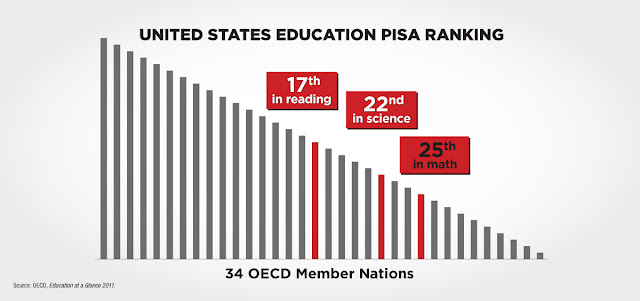Have you ever been in a situation where the person in charge of a unit is neither liked or respected by some members? Most likely, you have; such dynamics are not unusual.
Sometimes, some members get together and talk about how the leader is heading in the wrong direction, how her/his ideas are at odds with the previous leader.
Some of the disaffected have been there for many years, and feel a deep connection to the unit, and like the way things were done in the past. They believe that things will go downhill quickly, unless something is done.
At this point, there are options for the disaffected, but only two of them are honorable. First, they can swallow hard, follow the direction of the leader, and do their job as well as possible. Second, they can turn in their resignation and look elsewhere for a situation that suits their preferences.
That’s all; nothing else is acceptable. Anything else is subversive.
This scenario can be an issue for any new president of the United States upon taking the oath of office. Federal career employees — bureaucrats, the establishment — have been around for a while and likely served more than one president. They often have their own ideas about who “really” runs the country — them, many believe — and how things should be done.
Depending upon how those bureaucrats and political appointees decide to behave, problems often result. Most of the current federal bureaucracy served during some or all of the administrations of presidents Bill Clinton, George W. Bush and Barack Obama. Many of them probably did not like some of what one or more of the presidents under whom they served was doing.
On January 20, 2017, Donald Trump became President of the United States, and the stage was set for what we see happening today. Many government employees have their own ideas about how the country should be run, and some don’t like what Donald Trump is doing.
Trump’s actions have been, shall we say, different, unusual, unconventional, compared to other recent presidents. And, his political philosophy is undoubtedly in conflict with some career bureaucrats and political appointees. Some of them have no doubt made their differences known, directly or indirectly.
It is a president’s option to replace any or all political appointees, and many have done so. The Washington Post reported the following: “The incoming Obama administration has notified all politically-appointed ambassadors that they must vacate their posts as of Jan. 20, the day President-elect Barack Obama takes the oath of office, a State Department official said.”
The Atlantic reported the day before Trump’s swearing in, however, that his administration would keep more than 50 Obama administration appointees in place temporarily. This was perhaps done due to the slow process of getting new appointees through the confirmation process, and thinking the hold-overs would behave.
Donald Rumsfeld, Secretary of Defense in George W. Bush’s administration, had a famous rule that is applicable in such situations: “You go to war with the Army you have — not the Army you might wish you have.”
But egos magically inflate in Washington politics, and inflated egos often lead to problems in the performance of one’s duties when the ego dwarfs the duty to the president and country.
Given the philosophical differences between Trump and his three predecessors, particularly with Obama’s philosophy, the probability of substantial hostility among some career bureaucrats and appointees to Trump’s policies and methods is great.
There is no scarcity of federal bureaucrats who have trampled on their professional and ethical responsibilities and engaged in activities that work against their boss, the elected President of the United States.
Some older names are FBI agents Peter Strzok and Lisa Page and their thousands of exchanged emails. James Comey, Director of the FBI from 2013 until his dismissal in May 2017. The as yet unidentified former FBI lawyer accused of altering a document in the application for a FISA warrant. Andrew McCabe, an FBI veteran, former deputy director and former acting director who “lacked candor” in connection with a leak investigation, which means he knowingly provided false information.
More recently, National Security Council aide Alexander Vindman, State Department diplomats William Taylor Jr. and George Kent, Ambassador Gordon Sondland, former Ukraine Ambassador Marie Yovanovitch, and former National Security Council staffer Fiona Hill.
The aforementioned generally worked against this president with some colluding to bring him down, and others testified to what they thought, believed, surmised and hoped for. The key factor in the Herculean effort to find collusion, quid pro quo, bribery, obstruction and whatever else they might come up with is missing in action.
First, they claimed Trump was guilty of a quid pro quo. For there to be a “quid pro quo” — a “this” in return for “that” — with the Ukrainian president, the Ukrainian president would have to be aware of both the “this” and the “that.” When “quid pro quo” didn’t garner the expected interest, the Democrats in the House took a poll and found a preferable term: bribery.
The Ukrainians, however, repeatedly insisted that it didn’t happen: their president was unaware that funds were being withheld. Neither bribery nor the quid pro quo happened.




